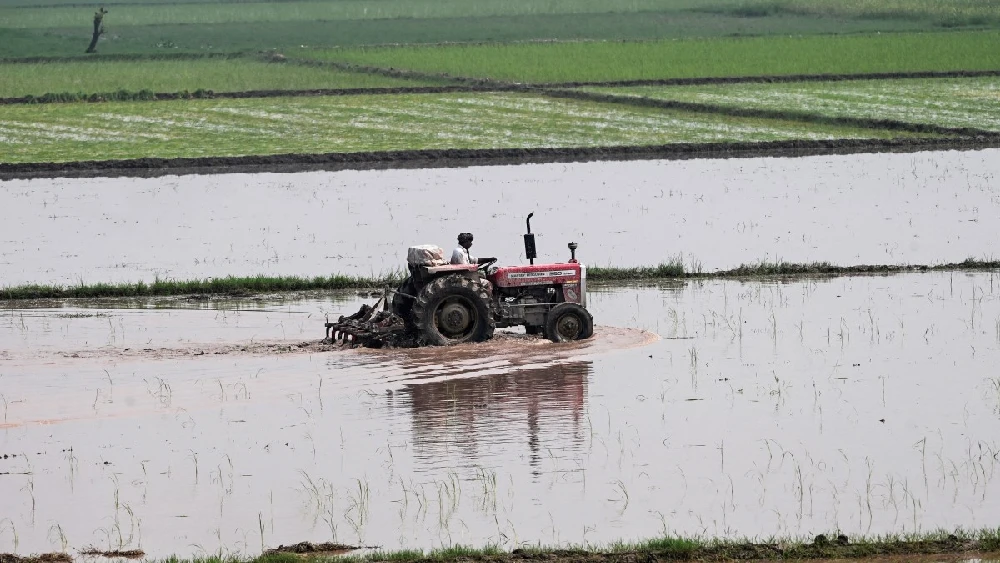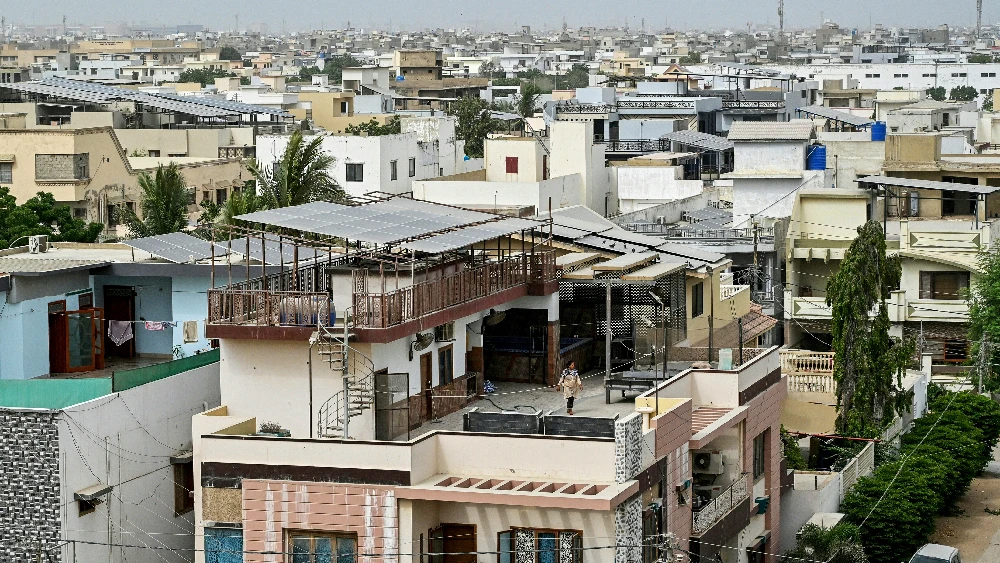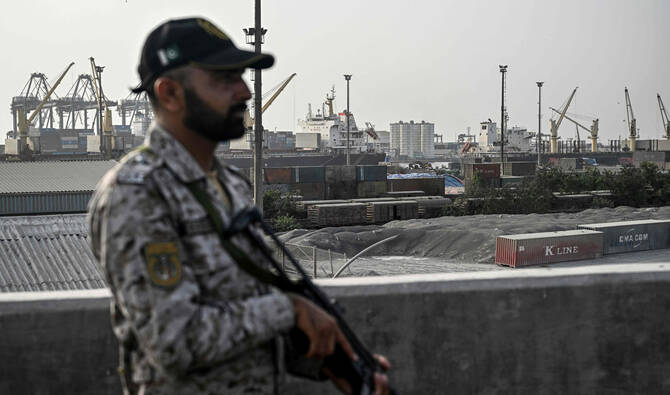ISLAMABAD: A World Bank report has urged Pakistan to strengthen its water management and agricultural adaptation strategies, as the country ranks among the world’s most vulnerable to inefficient water use under drying conditions.
The report, titled “Continental Drying: The Global Evidence on Drying Trends and Their Socioeconomic Implications,” identifies Pakistan among the top four countries facing severe inefficiencies in agricultural water consumption, particularly in regions where freshwater resources are rapidly declining.
According to the report, one-third of inefficient water use in irrigated agriculture occurs in areas already facing water scarcity, a challenge most pronounced in countries such as Pakistan, Algeria, and Tunisia.
The study highlights that climate-related shocks, such as droughts and irregular rainfall, have historically led to major productivity and welfare losses in Pakistan. During the 2002 drought, agricultural productivity declined by 19.6%, with rainfall shortages accounting for nearly three-quarters of the loss. Despite farmers' short-term adaptation efforts, overall agricultural output fell by 4.4%, leading to higher food prices and a 1.9% decline in national welfare.
The World Bank notes that Pakistan, due to its large agricultural base and high water stress, remains critical to global food supply chains and climate stability. It recommends investing in water-saving technologies, crop diversification, and climate-resilient irrigation systems to safeguard livelihoods and boost productivity.
The report also emphasizes regional cooperation on transboundary water management and calls for improved data monitoring and governance reforms to ensure equitable water distribution between sectors.
The World Bank further highlights that efficient trade mechanisms played a key role in mitigating welfare losses during past droughts, suggesting that continued participation in regional and global food markets could help Pakistan buffer future climate shocks.








